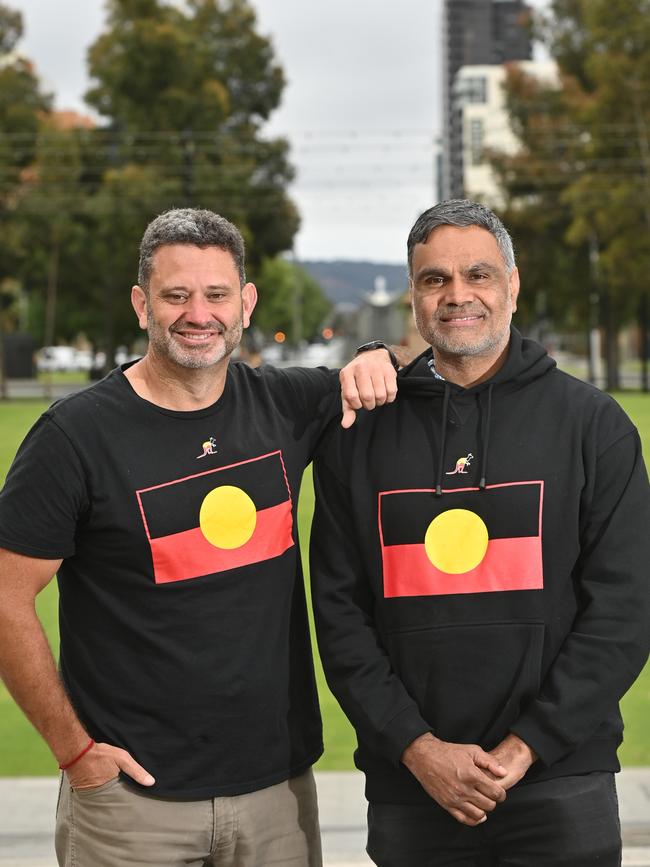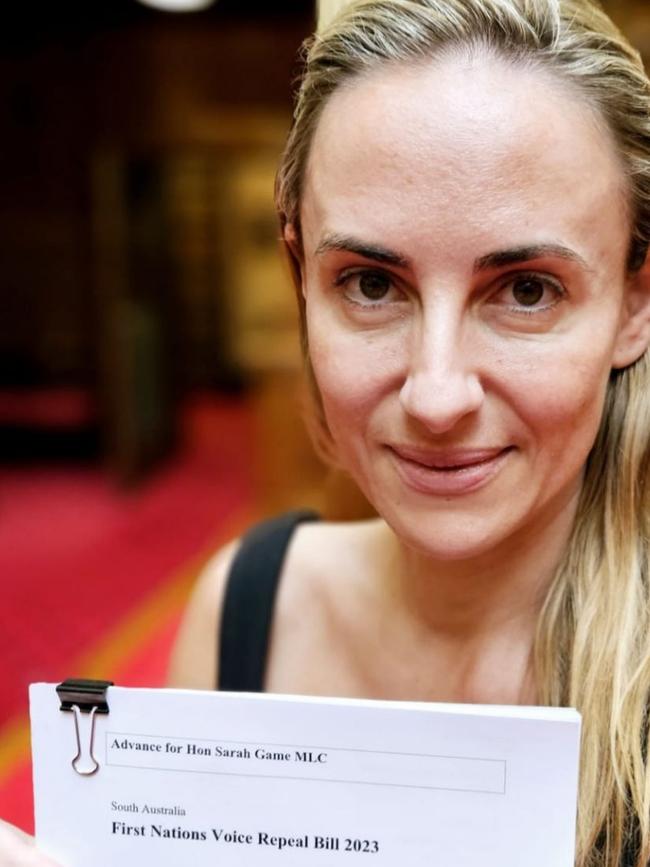More than 100 people for SA Voice and its committees – here’s what they will be paid
SA is getting a state Voice regardless of the referendum defeat, with more than 100 participants – and no cap on the number of committees. Here’s how much people will be paid.
SA News
Don't miss out on the headlines from SA News. Followed categories will be added to My News.
Elected members of the SA Voice will receive stipends of from $3000 to $18,000, sitting fees of $206 per meeting, ($258 for the chair), and travel, accommodation and meal allowances, plus $1000 each for a laptop.
They will meet in facilities hired at a tentative cost of $750 and be supported by a secretariat with up to six staff including a director on a salary of up to $250,000.
While South Australians comprehensively rejected the federal Voice the state government is ploughing on with its own legislated version with a $10.3m budget over four years, more than 100 participants — and no cap on the number of committees it can establish.
SA’s Voice will have 46 elected members from six regions meeting up to six times a year, with two elections expected over the next four years.

These local Voice members will be paid an annual stipend of $3000 while the two presiding members of the six local Voices will form the 12-member State Voice.
Their total stipend will be $10,500, while the two presiding officers of the state Voice will receive a total stipend of $18,000 as well as travel, accommodation and meal allowances.
In addition, there will be 55 members on four committees, separate from the elected members.
The committees are Native Title Bodies with 25 members, Stolen Generations (six), First Nations Youth (12) and First Nations Elders (12).
Remuneration, allowances, and expenses for committee members are up to the Minister.
The legislation states: “The State First Nations Voice may establish such other committees to advise the State First Nations Voice as the State First Nations Voice considers appropriate.”

A government spokesman said: “Further committees may be established, however, any entitlement to remuneration, allowances and expenses pertaining to these additional committees, would need to be approved by the Minister in consultation with the State’s First Nations Voice.”
One Nation MLC Sarah Game who has introduced a Bill to repeal the legislation said: “Australia has spoken. There is no justification for the South Australian legislated Voice.
“Demonising opponents’ arguments as racist and lacking credibility is a convenient way for proponents of the Voice to avoid answering the legitimate questions and concerns that have been raised.
“The only thing that’s ever helped people thrive against adversity is support for families and engendering an attitude of personal responsibility. It’s time to abolish all race-based laws and policies, assisting all those equally based on need, not the colour of your skin.”
However, Aboriginal Affairs Minister Kyam Maher said the Voice “will give Aboriginal South Australians more of a say in the decisions that affect their lives.”
“The Voice is good economic policy.” he said. “Advice from the Voice will help government deliver services and provide funding in a more targeted and cost-effective way, by designing programs with Aboriginal people, not for them.”





